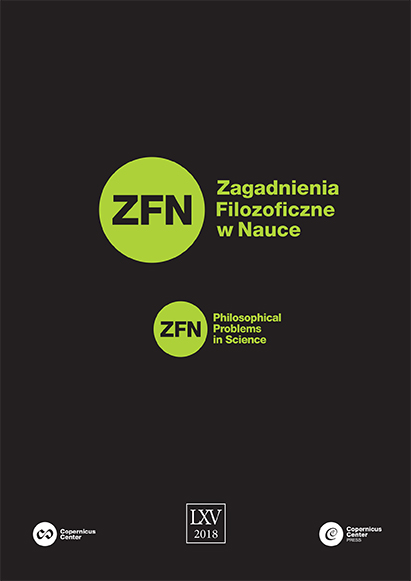On the adequacy of qualifying Roger Penrose as a complex Pythagorean
On the adequacy of qualifying Roger Penrose as a complex Pythagorean
Author(s): Wojciech P. GrygielSubject(s): Philosophy, Essay|Book Review |Scientific Life, Metaphysics, Epistemology, Special Branches of Philosophy, Philosophy of Science
Published by: Copernicus Center Press
Keywords: mathematical platonism; realism; pythagoreism; complex numbers
Summary/Abstract: The aim of the presented article is to provide an in-depth analysis of the adequacy of designating Penrose as a complex Pythagorean in view of his much more common designation as a Platonist. Firstly, the original doctrine of the Pythagoreans will be briefly surveyed with the special emphasis on the relation between the doctrine of this school and the teachings of the late Platonic School as well as its further modifications. These modifications serve as the prototype of the contemporary claims of the mathematicity of the Universe. Secondly, two lines of Penrose’s arguments in support of his unique position on the ontology of the mathematical structures will be presented: (1) their existence independent of the physical world in the atemporal Platonic realm of pure mathematics and (2) the mathematical structures as the patterns governing the workings of the physical Universe. In the third step, a separate line of arguments will be surveyed that Penrose advances in support of the thesis that the complex numbers seem to suit these patterns with exceptional adequacy. Finally, the appropriateness of designation Penrose as a complex Pythagorean will be assessed with the special emphasis on the suddle threshold between his unique position and that of the adherents of the mathematicity of the Universe.
Journal: Zagadnienia Filozoficzne w Nauce
- Issue Year: 2018
- Issue No: 65
- Page Range: 61-84
- Page Count: 24
- Language: English

